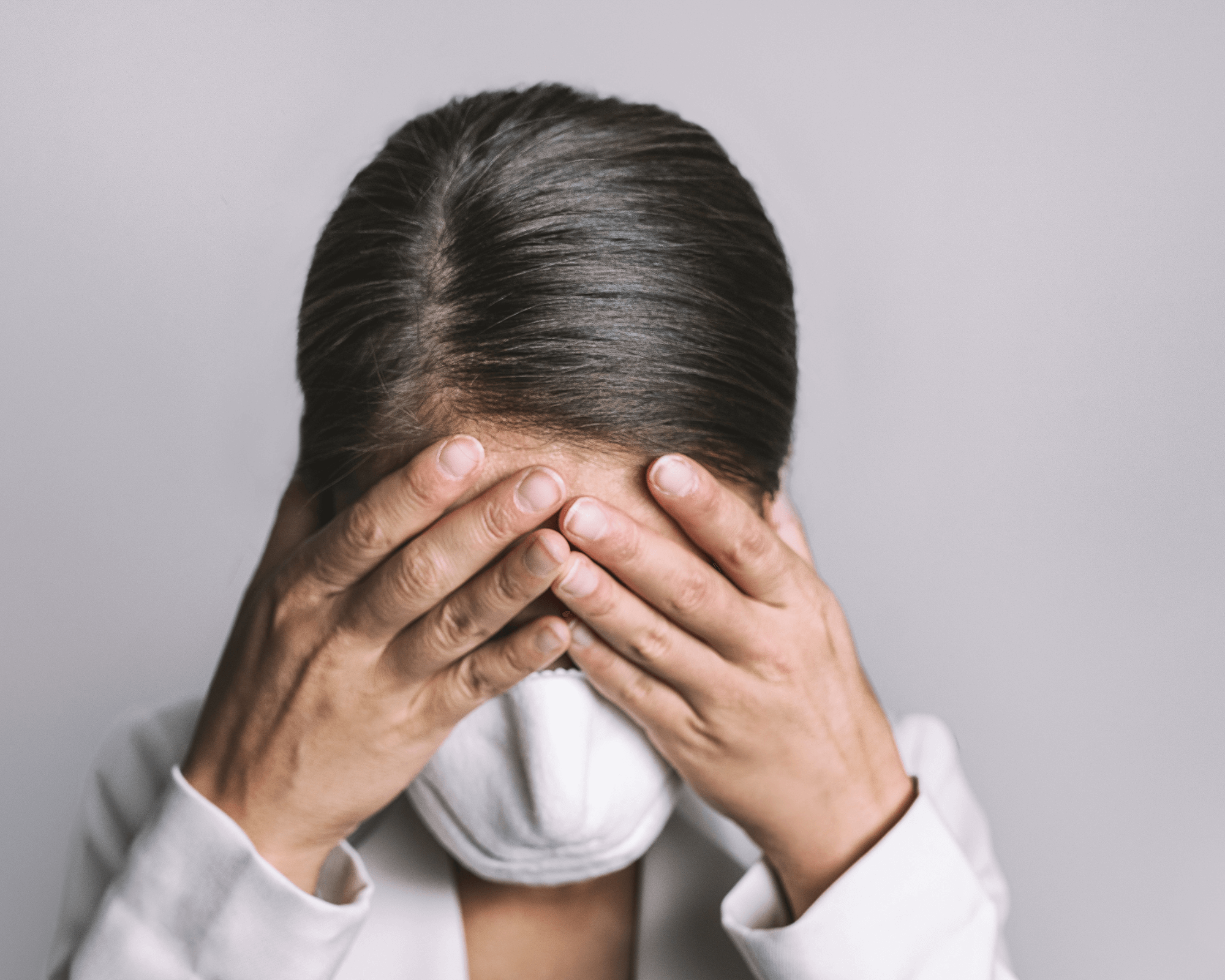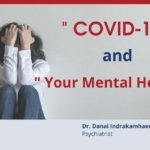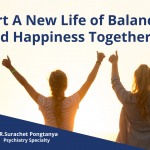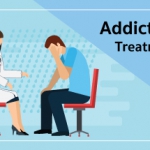COVID-19 and Your Mental Health
"People who have not been infected with COVID-19 may be stressed if they have been infected or are at higher risk." When vaccination time arrives, some people may be concerned about vaccine side effects. When infected with COVID-19, people are more likely to isolate at home, worry whether family members are at high risk of contracting the virus, and fear that COVID-19 would cause lung damage. Some people believe their sickness will be cured after they recover, although post-infection symptoms like as Long COVID disorders and mental health issues are common and can last for years."
After recovering from COVID-19, most people may develop typical symptoms or consequences in numerous organs, a syndrome called as Long COVID. Mental health issues are likely to affect 30% of patients, affecting their everyday lives, careers, studies, and relationships. All of the following symptoms might be the outcome of Long COVID problems rather than mental issues.
Mental Health Impact of Long COVID
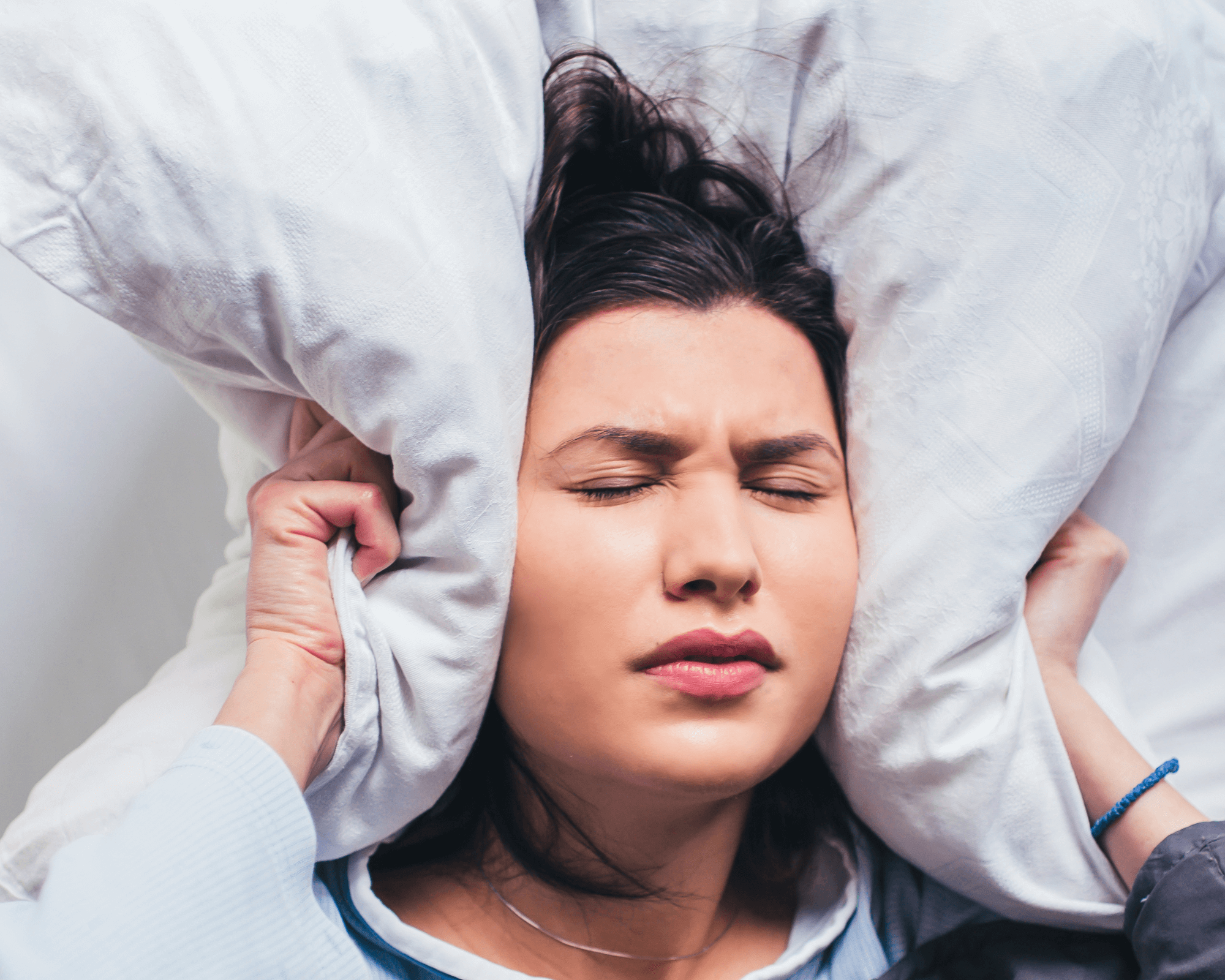
- Sleep problems
- Anxiety or Stress-related disorders
- Memory and Concentration difficulties
- Thirty percent of patients suffer from depression. Patients with severe illnesses are more prone to consider suicide.
When Should One Seek Medical Advice and Treatment?
- Patients with severe symptoms who are unable to care for themselves or live a regular life, as well as those who follow advice but do not recover.
- Suicidal thoughts, attempts to harm yourself or others, and a lack of self-control in patients.
- Patients who have a drug or alcohol addiction.
If individuals exhibit any of the aforementioned symptoms, they should see a doctor right once for a diagnosis and treatment. Mental health concerns caused by Long COVID disorders currently have no definite therapy. The therapies are defined by the clinical manifestations of the person. Patients with severe symptoms or uncommon illnesses that interfere with daily living may be prescribed medications by their doctor.
Self-Care Tips From a Doctor
- Establish good sleeping habits by going to bed and waking up at the same time every day. Avoid looking at the clock since it might exacerbate anxiety and sleeplessness.
- Avoid tea, coffee, alcohol, and other addictive substances.
- Participate in leisure activities or workshops.
- Always be aware of the sensations and emotions. Attempt to manage and avoid situations that may affect the emotions.
- Develop task management skills, such as prioritizing activities or reminding oneself on a daily basis, to boost productivity.
If patients are unable to manage their own difficulties, they should speak with a trusted friend or seek advice from a doctor or specialist.

“Mental health problem is one of common long COVID conditions after COVID-19 infection. Caring for both mental and physical health will enable patients to recover from illness and help improve quality of life.”
Psychiatrist
Long COVID Center | Bangkok Hospital Chiang Mai






